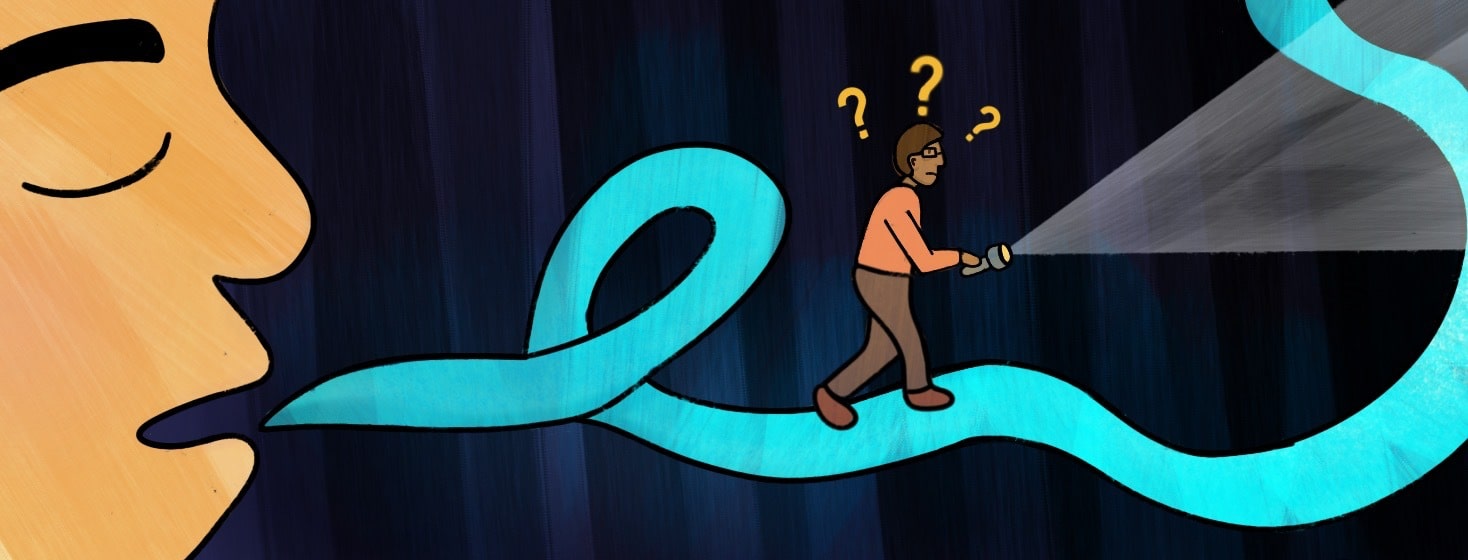Stereotypes and How We Talk About Cancer
A friend of mine, also sadly a member of the stage 4 prostate cancer club and only at the age of 49, recently speculated in a conversation we had. It was about whether people living with cancer followed stereotypical pathways in dealing with their diagnosis and cancer.
We've come a long way
The conversation stemmed from chatting about our own personal exploits, which are far from the norm for men living with stage 4 prostate cancer. We’ve both completed running feats that people who were fit and well and not many years into hormone therapy would struggle to undertake and complete!
After all, historically, a newly-diagnosed cancer patient might be wrapped in cotton wool by their health care professionals and families and be told to go and lay on a sofa. Thankfully, we’ve come a long way from that now as HCPs, patients, and families realize the value of someone being able to take control of their cancer, rather than being controlled by it. Whether that be by exercise, as in the case of my friend and I, nutrition, mental well-being, or a combination of the three.
A self-fulfilling prophecy?
It did get me thinking, though, as to whether the stereotypical pathway could in fact become a self-fulfilling prophecy!
I think back to early conversations with my oncologist, and one in particular stuck in my mind. He told me that once I started on hormone therapy, I wouldn’t get erections again but it probably wouldn’t matter, as I wouldn’t have a libido anyway! I wonder now, in hindsight, whether that actually influenced or accelerated my loss of erections and libido.
If the conversation hadn’t followed the stereotypical approach, would anything have been better? Would the outcome have been different or happened more slowly? Language really matters when we talk about things like this, and maybe the conversation would have been better if it hadn’t used the traditional language.
Maybe something that would have been better would be: “Once you start on hormone therapy, you’ll more likely than not lose the ability to gain erections. But we do have ways to support you and your wife to maintain intimacy and a loving relationship.”
Moving beyond stereotypes
Then there is the stereotypical expectation that everyone living with cancer will be in awful pain and will suffer. While that can certainly be the case for some and depend on different factors, it's not always the case for all. In my own case, I’ve been incredibly fortunate in that my treatment has worked so far and I've still been able to live an active life. I've also been managing difficult side effects of treatment, but even those can be coped with for me.
I read about a doctor in the U.S. who met a patient whose scans had shown her incurable cancer worsening, and he dreaded how she might react. Instead, his patient smiled, stood up, and grasped his hand in both of hers. He’d expected to see a woman in suffering, but instead he encountered a woman glowing with contentment.
We can do better
I really think that it’s time that we got away from the stereotypical view of cancer patients, suffering, likely outcomes, pathways, etc. Ultimately, we are all very different and should be treated differently. Just because I’m not in pain, haven’t lost my hair, and look well doesn’t mean that everything is hunky dory in my life.
I think it's important to change the language around cancer for the better and get away from stereotyped conversations about outcomes. I guess the biggest one here has to be that conversation about prognosis. I was told that I may only have two years to live and then spent the next 18 months expecting to die fairly soon. I’m now nearly six years post-diagnosis and doing okay, but that stereotypical conversation definitely had an impact on me that ultimately led me to having a mental breakdown!
We can do better. We must do better.

Join the conversation